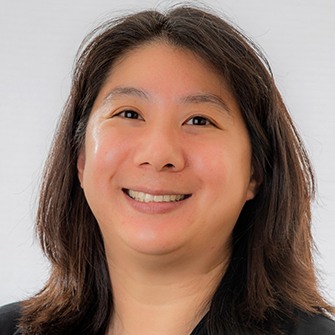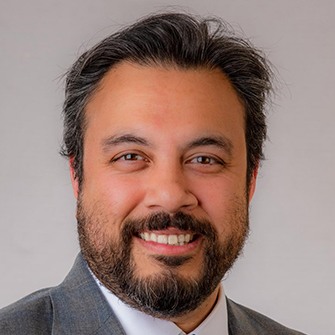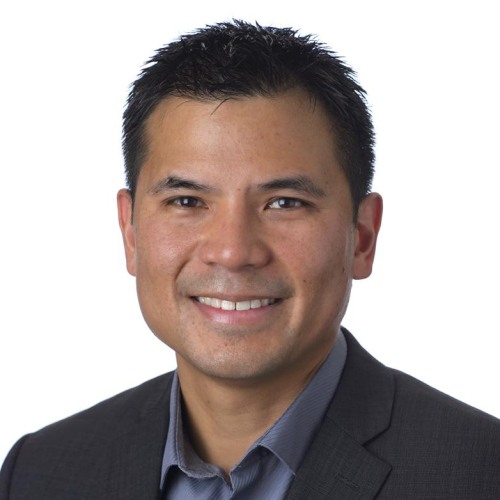Master of Science in Health Informatics
A graduate degree program that blends theoretical foundations with real-world applications.
Master of Science in Health Informatics
A graduate degree program that blends theoretical foundations with real-world applications.
| Join the 2026 Cohorts! APPLY NOW Spring 2026 Deadlines: October 1 | November 1 Fall 2026 Deadlines: December 15 | April 15 | May 1 Contact us at mhip@brown.edu with any questions. |
About
The Master of Science (ScM) in Health Informatics program places a strong emphasis on practical application through hands-on projects and practicums, ensuring that learners not only grasp theoretical concepts but also gain valuable experience applicable to real-world challenges in health and healthcare.
Biomedical informatics has become a core element across the entire spectrum of biomedicine, from bench biology to medicine to development of public health policy. This transdisciplinary field “studies and pursues the effective uses of biomedical data, information, and knowledge for scientific inquiry, problem solving and decision making, motivated by efforts to improve human health.” (Kulikowski et al.)
The demand for individuals with formal training in health informatics, a sub-discipline of biomedical informatics, is growing rapidly, particularly in light of national emphasis on electronic health records (EHR), artificial intelligence (AI) in healthcare, learning health systems, clinical and translational science, healthcare reform, population and public health surveillance, and global health. Opportunities and careers in health informatics exist in a broad range of environments including clinical care and research, personal health management, public and population health, health policy, and translational science.

Curriculum
Competencies
The ScM in Health Informatics program consists of a combination of coursework and practicum experiences, which are organized into seven major competency areas:
- Health and Healthcare
- Data Science and Artificial Intelligence
- Social and Behavioral Science
- Health Information Technology and Digital Health
- Professionalism
- Leadership
- Team Science
Components
The program aims to provide foundational and applied training for learners with diverse backgrounds, interests, and career paths (e.g., computer science and data science graduates, medical students, clinicians, and other health professionals). The adapted curriculum for each learner involves participation in and engagement with the following four components:
- Courses
- Projects and Practicums
- Seminar Presentations, Journal Club Discussions, and Workshops
- Community Resources and Events
Schedule
The ScM in Health Informatics program is designed to be completed in 2 years (4 semesters) or at an accelerated pace in 1 year (2 semesters and 1 summer). The latter would accommodate undergraduate students interested in the Fifth-Year Master’s Degree option or medical students who could take a leave of absence to participate.
Template Schedule of Courses and Thesis Work (Two-Year Program)
| Semester | Course |
|---|---|
| Fall I | BIOL 2535 Survey of Health Informatics |
| BIOL 2520 Acculturation to Health and Healthcare | |
| Master's Thesis: Topic and Literature Review | |
| Spring I | BIOL 2025 Foundations in Statistics for Biology and Medicine |
| BIOL 2555 Methods in Informatics and Data Science for Health | |
| Master's Thesis: Proposal | |
| Fall II | BIOL 2575 Evaluation of Health Information Systems |
| BIOL 2610 Trends in Health Informatics | |
| Spring II | BIOL 2595 Artificial Intelligence in Healthcare |
| BIOL 2660 Practicum in Health Informatics | |
| Master's Thesis: Thesis and Presentation |
Template Schedule of Courses and Thesis Work (One-Year Program)
| Semester | Course |
|---|---|
| Fall | BIOL 2535 Survey of Health Informatics |
| BIOL 2575 Evaluation of Health Information Systems | |
| BIOL 2520 Acculturation to Health and Healthcare | |
| BIOL 2610 Trends in Health Informatics | |
| Master's Thesis: Topic, Literature Review, and Proposal | |
| Spring | BIOL 2555 Methods in Informatics and Data Science for Health |
| BIOL 2595 Artificial Intelligence in Healthcare | |
| BIOL 2025 Foundations in Statistics for Biology and Medicine | |
| BIOL 2660 Practicum in Health Informatics | |
| Summer | Master's Thesis: Thesis and Presentation |
Directors
Core Faculty
Learn More
To learn more about the program, attend an upcoming information session or visit the application site.






